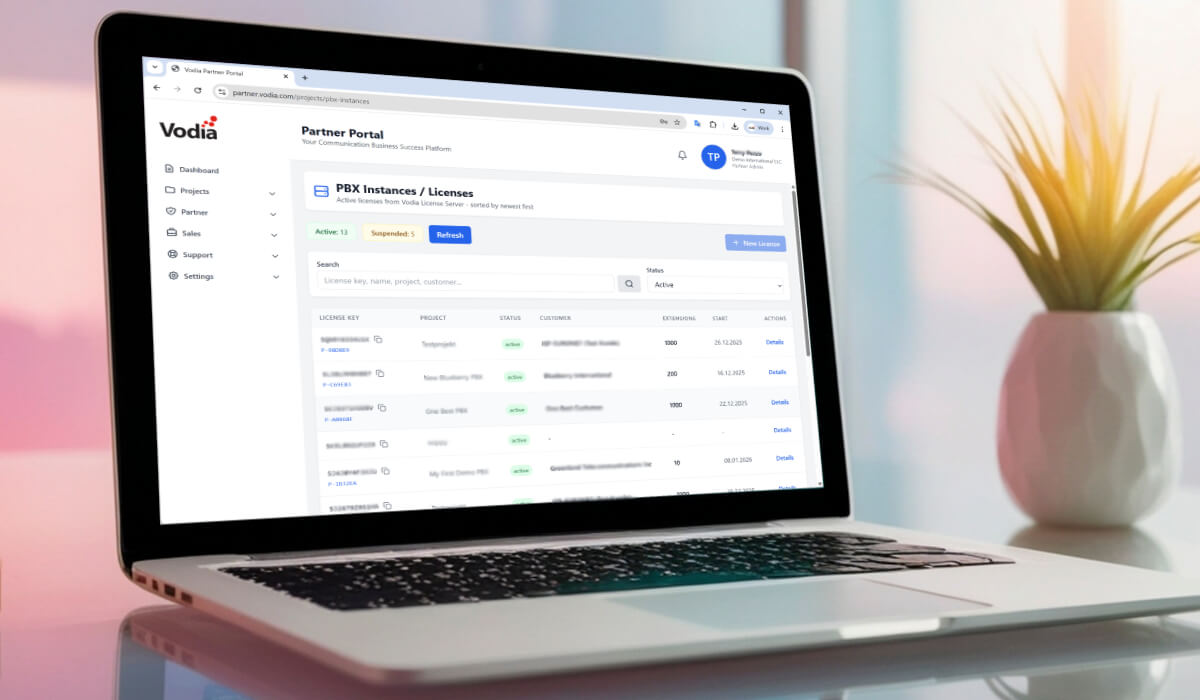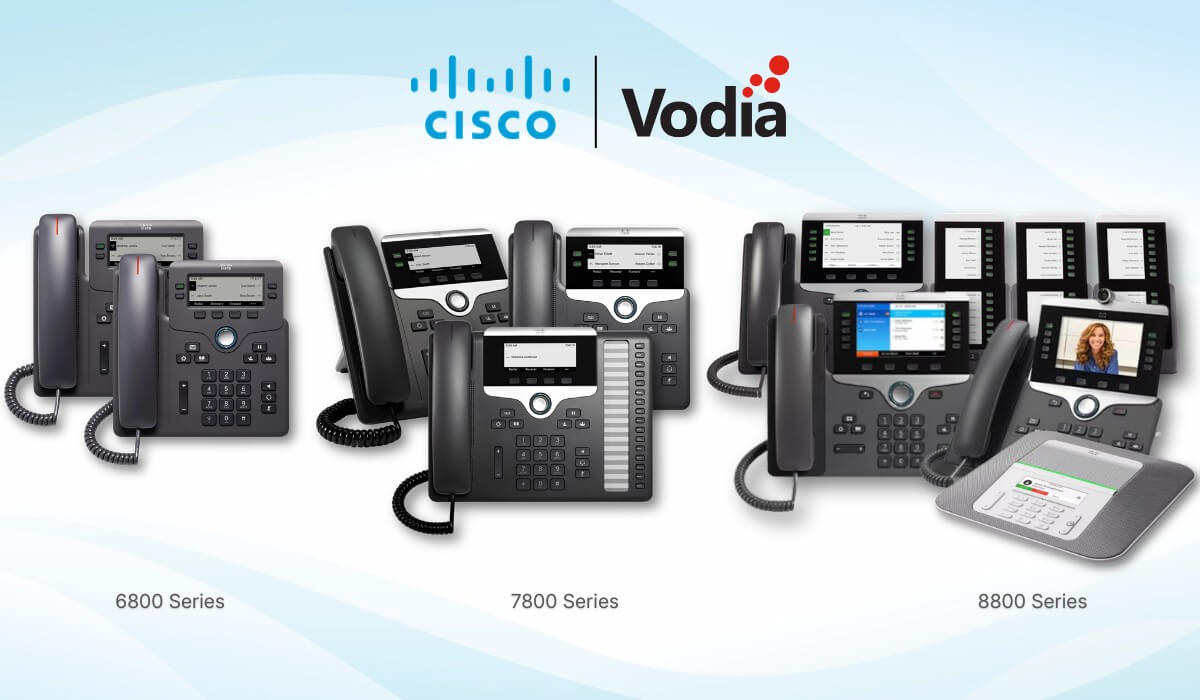PBX stands for “Private Branch Exchange.” Back in the old days, companies were connected to the central office of the telephone company, and this was where all the magic happened - transfers, conferences, group calls, etc. Some will remember the term “Centrex” or “Central Office Exchange.” At the time, that was how a company had a phone system. Eventually, the technology was such that companies could set up their own equipment and bring that functionality in-house; thus was born the Private Branch Exchange or PBX.
Today, the terms “PBX” and “Phone System” can be used interchangeably. At a very basic level, a PBX is a phone system owned by the company using it, though it’s not always in-house or owned by the company using it - in many cases, it’s hosted in the cloud. So we’ve kind of gone full-circle, with the one major difference now being the way the phone system is connected - originally through copper wires, it’s now connected wirelessly over the Internet. But its purpose is the same: to connect callers internally and externally.
Originally, the logic was such that each phone that needed to make or receive a call (internally or externally) needed its own private line to do so. That line connected to the central office switchboard, where it was either sent back to connect to another user internally or connected to the Public Switched Telephone Network (PSTN) to call externally.
The only way to boost efficiency for a company using phone system features was to have a private switchboard in-house: internal calls didn’t need a line out to call internally; to call externally meant an operator on the company’s private switchboard would connect the caller to a free, open line - this made it so the company could share small number of phone lines across a large number of phones. The next step - remove the human element so the switching is automatic, then remove it from the premises and put it in the cloud. This is where we are today.
Test drive the Vodia phone system today https://web.vodia.com/60-day-trial
.svg)






